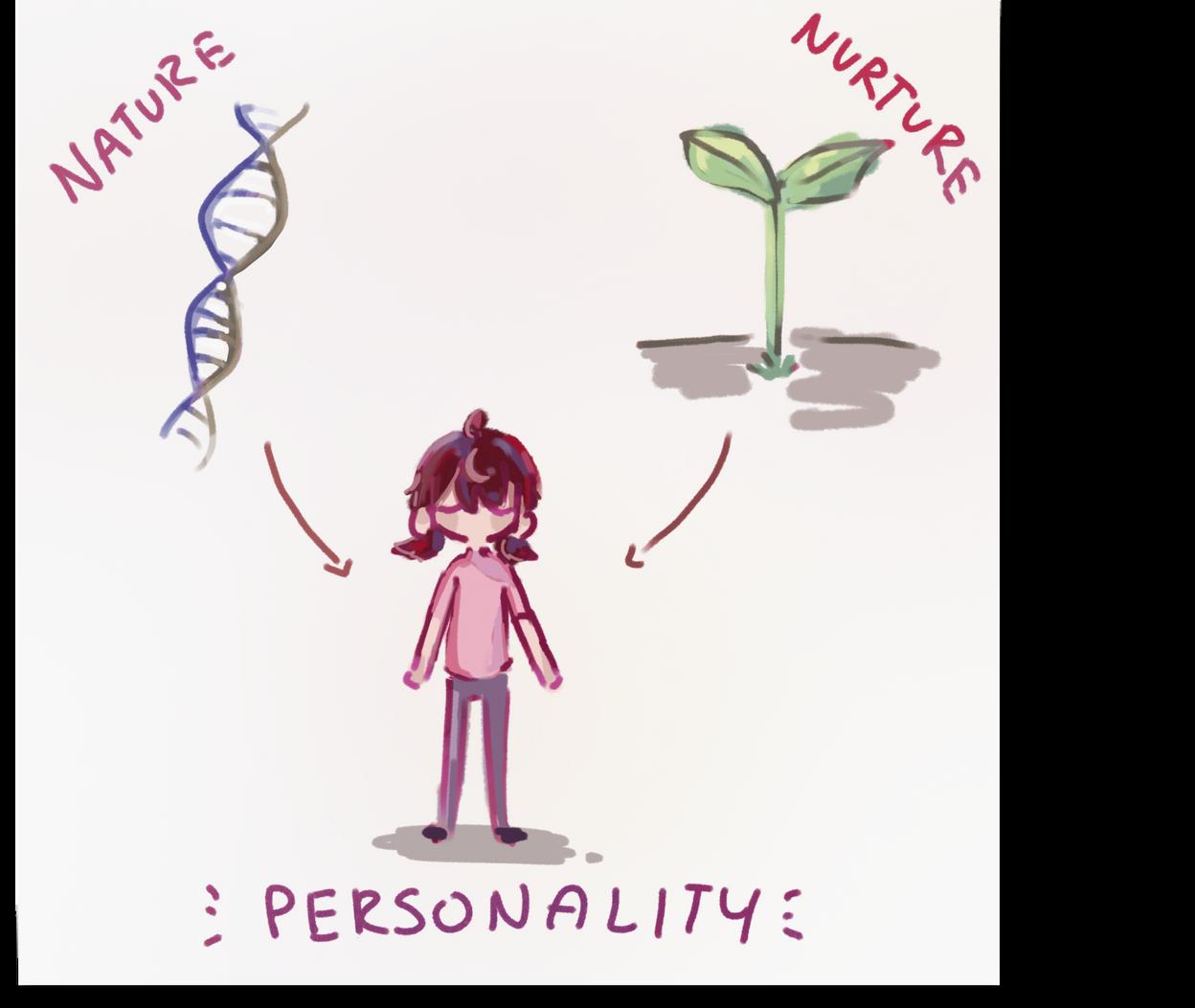
1 minute read
The Master organ: our wrinkly Brain
from 2023 Biology Edition
by scienceholic
MedlinePlus notes that people with a first-degree relative who has been diagnosed with depression have a two to three times greater risk of developing depression than the general public (2018) Douglas F Levison and Walter E Nichols from Stanford Medicine further support this statistic by presenting that a person with a parent or sibling diagnosed with major depression has a two to three times greater risk of developing depression compared to the general public (n.d.). genetics influences a person to develop traits such as the tendency to worry and pessimism, then the person would be more likely to develop depression than people without those traits and risks Genetics cannot directly impact the development of depression. However, genetics can influence depression through different factors, such as personality. This creates a predisposition to depression which therefore increases the likelihood of developing depression. Another way genes can affect depression would be through other medical illnesses Serious medical illnesses would most likely cause stress and worry daily, which creates a predisposition to depression and increases the likelihood of developing depression. Although there are no specific genes that cause a person to automatically develop depression, there are specific genes that do cause a person to develop specific illnesses
For example, BRCA1 or BRCA2 genes greatly increase a person’s risk of developing breast cancer and ovarian cancer Other genetic disorders include sickle cell disease, cystic fibrosis liver disease, Huntington’s disease,
Advertisement
Hirschsprung's disease, Klinefelter Syndrome, etc. Most genetic conditions are life-long and often cannot be cured. This can create a stressful environment, which is the ground for depression to develop So although genes cannot affect depression directly, genetics can cause genetic disorders that could lead to stress for the person with disorders, making them more susceptible to developing depression. Even if genetics cannot influence depression directly through a “depression gene”, there are multiple ways that genetics can still increase the risk of a person developing depression, such as personality and genetic disorders Family history of depression greatly contributes to the development of depression, from two to five times greater than the general public depending on certain factors surrounding a person’s circumstances. It is true that external circumstances and events play a greater role in the development of depression. However, being aware of your









